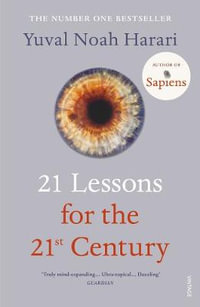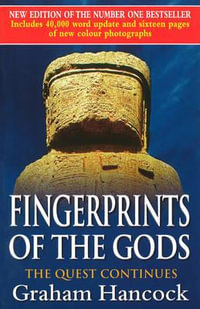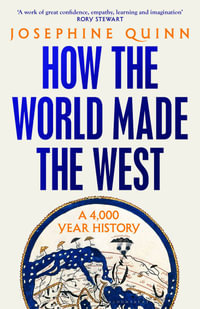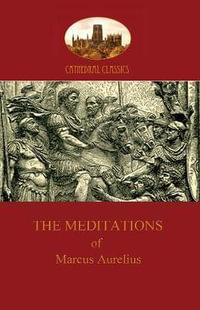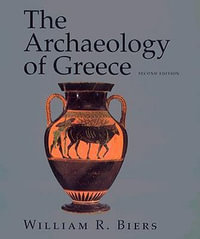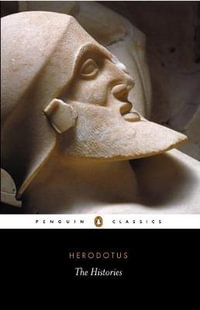Pigs are among the most peculiar animals domesticated in the Ancient Near East. Their story, from domestication to taboo, has fascinated historians, archaeologists, and religious studies scholars for decades. Rejecting simple explanations, this book adopts an evolutionary approach that relies on zooarchaeology and texts to unravel the cultural significance of swine in the Near East from the Paleolithic to the present day. Five major themes are covered: The domestication of the pig from wild boars in the Neolithic period, the unique roles that pigs developed in agricultural economies before and after the development of complex societies, the raising of swine in cities, the shifting ritual roles of pigs, and the formation and development of the pork taboo in Judaism and, later, Islam.
The origins and significance of this taboo have inspired much debate. Evolution of a Taboo contends that the well-known taboo described in Leviticus evolved over time, beginning with conflicts between Israelites and Philistines in the early part of the Iron Age, and later was mobilized by Judah's priestly elite in the writing of the Biblical texts. Centuries later, the pig taboo became a point of contention in the ethno-political struggles between Jewish and Greco-Roman cultures in the Levant; later still, between Jews, Christians, and Muslims. Through these conflicts, the pig taboo grew in power. As this rich account illustrates, it came to define the relations between pigs and people in the Near East and beyond, up to the present day.
Industry Reviews
"...this is an excellent book, one that both summarizes a large amount of information on such a complex and interesting topic and offers an overall picture of the development of the pig taboo in Judaism and later in Islam." --Aren M. Maeir, Bar-Ilan University
"As a zooarchaeologist, Price brings a unique perspective-not only deep-time but also pan-regional insights from what archaeology can and has contributed across the Near East....[T]his book is the first geographically and temporally rounded history of the pig and the development of the pig taboo in the Near East that is also archaeologically informed. This book rejects simplistic explanations and is relevant to scholars of the ancient Near East, animal
specialists, anthropologists, historians, archaeologists, and religious studies interested in either or both pigs and taboos." --Haskel Greenfield, American Anthropologist
"This author has written an extraordinary book that will hopefully get a wide audience not only for people interested in ancient history or the history of domesticated pigs but generally those who want to understand the ancient differences between Christianity, Judaism and Islam." --Thiemo Braasch, Suiform Soundings
"How have pigs and humans interacted in the Near East and Mediterranean for 8,000 years? ...this excellent book traces the earliest Paleolithic boar-hominid interactions through Bronze and Iron Age domestication, which eventually produced pigs....The subsequent Christian acceptance of pork, and especially renewed Muslim aversion to it, are discussed in fascinating detail too. Price's clear writing makes this a pleasure to read....Highly recommended."
--CHOICE
"In summary, Max Price's book offers a fresh look at pigs in the ancient Near East, making an important contribution to the study of the much-discussed taboo." --Nimrod Marom, Journal of Eastern Mediterranean Archaeology and Heritage Studies
"The sheer range of material Price offers is amazing... Price's prose is easy to read and most non-scholars will not have difficulty understanding his ideas. Although he looks at a larger time period and more material than some Jewish readers may be interested in, others will agree with me and appreciate the incredible research his book offers and its interesting and provocative ideas." --Rabbi Rachel Esserman, Jewish Federation of Greater Binghamton's The
Reporter
"This book will certainly establish itself as the basic text on this important topic for many years to come." -- Aren M. Maeir, Biblical Archaeology Review








